Shrutika is a Nutritionist and Dietician and she explains why certain foods should be avoided during the monsoons. Certain foods that are rich in nutrients can actually become unsafe to eat during the monsoons. The change of climate and high humidity can alter these foods and lead to stomach infections and other gastrointestinal diseases.
What You Should Know:
- Why do Some Foods Become Unsafe During the Monsoons?
- Foods to Avoid in the Rainy Season
- Foods You can have Instead
Why do Some Foods Become Unsafe During the Monsoons?
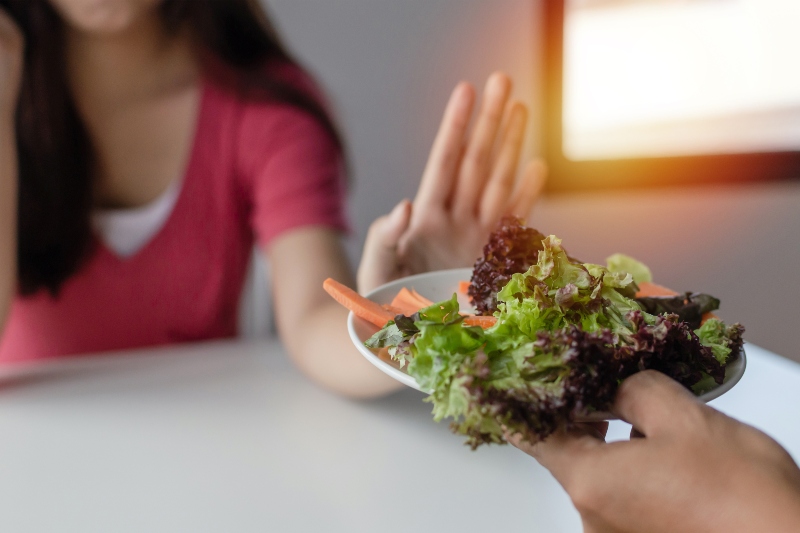
The humid climate is ideal for several disease-causing germs like viruses, bacteria, and fungus to multiply and spread. There are certain nutrient-rich healthy foods, that these pathogens prefer to grow on and can reach numbers that are harmful to humans. Sometimes these germs can escape even the best washing and cooking techniques and enter our systems causing infections and diseases. Read on to find out more about the foods to avoid during the rains and also what you can have instead to make sure that you maintain good food habits.
Foods to Avoid in the Rainy Season
Green leafy vegetables: Green leafy vegetables include everything from spinach to lettuce, to kale and cabbage. The overlapping leaves of these vegetables provide the best place for germs to thrive. Add to that the nutrition that these healthy foods contain, and you have the perfect breeding ground. While cooking these vegetables for at least 10 minutes can help you reduce the germ load, it is important to remember that many people consume them uncooked in salads and green juices. This is best avoided during the monsoons.
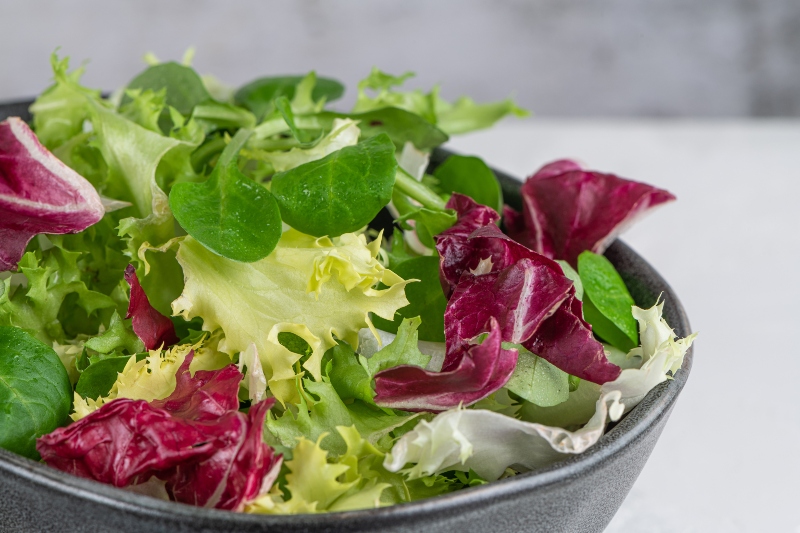
Broccoli: While visually not leafy like the vegetables mentioned above, broccoli is also a cruciferous vegetable and should be avoided for the same reason. Both broccoli and cauliflower florets provide a space for germs to breed and grow. Insects also tend to lay eggs in these vegetables that could survive if the food is not cooked well.

Mushrooms: Mushrooms are a type of fungus and tend to grow well during the monsoons. However, they need to be washed and cleaned thoroughly before cooking and eating. Unfortunately, during the rains the risk of getting a bacterial infection from mushrooms increases and should be avoided.

Dairy products like milk, cheese, curd and cream can be an irritant to the digestive tract. Dairy is best avoided during the rains as we are already prone to coughs, colds and congestion which could be worsened by consuming these foods. It is also best to stay away from dairy if you already have a stomach infection as it can cause nausea, vomiting and lose motions.
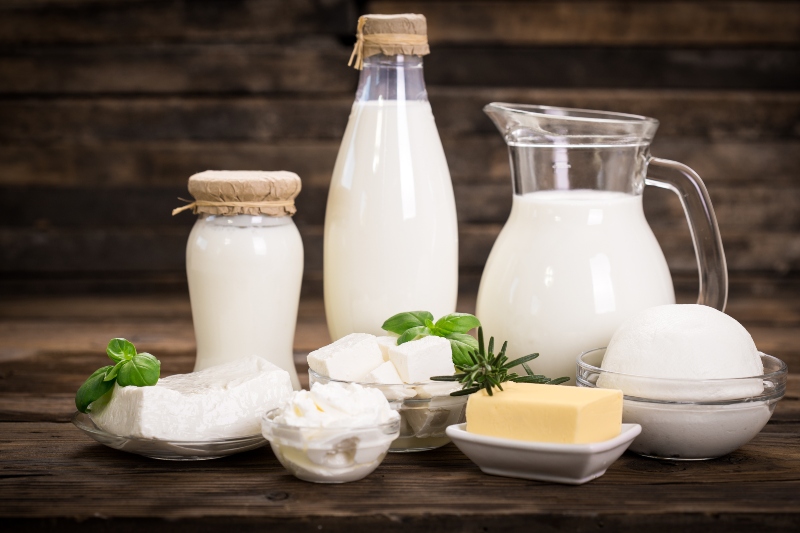
Foods You can have Instead
To maintain good eating habits and to ensure that you get your required intake of nutrients like calcium, iron and magnesium, and enough fibre, there are other foods you can consume:
- Vegetables like bottle gourd, ridge gourd, bitter gourd, carrots, beans and pumpkin.

- Pulses and lentils like kidney beans, chickpeas, and dals.
- Nuts, seeds, and a small quantity of dry fruit like figs and dates daily.
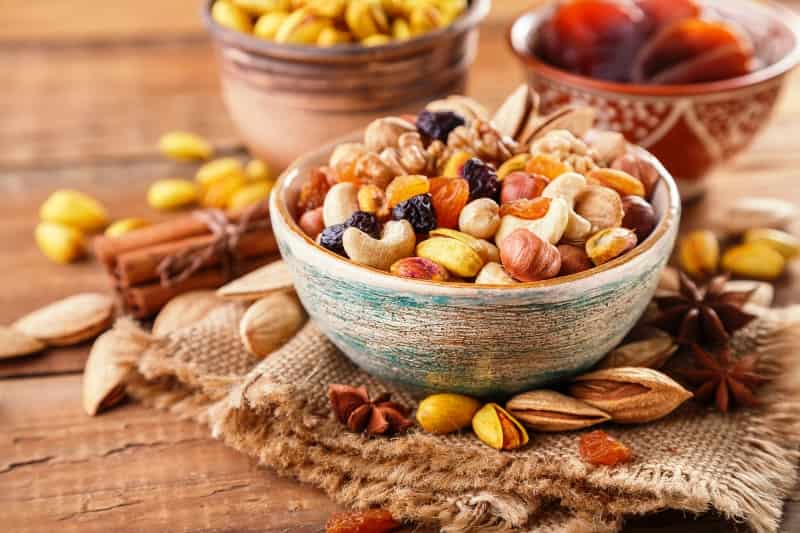
Make sure that you wash all foods well before consumption. Bring all vegetables to a boil on high heat and then simmer on low heat for at least 10 minutes to ensure that you kill off all germs.
For more tips on living a healthier life visit the Mindfulness and Fitness sections of the Activ Living Community.





 1800-270-7000
1800-270-7000

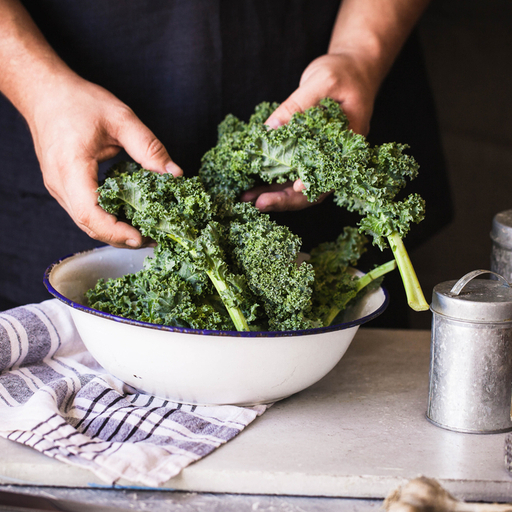

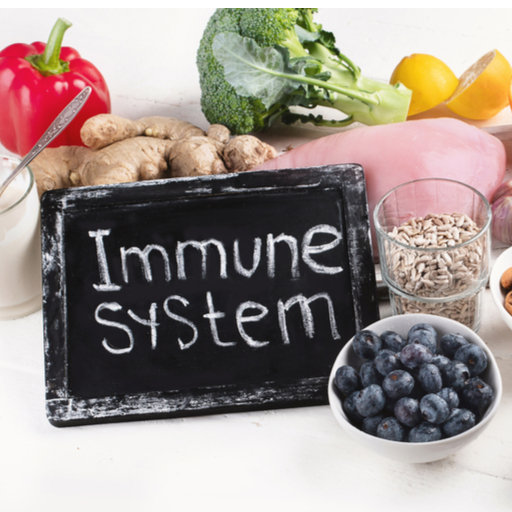

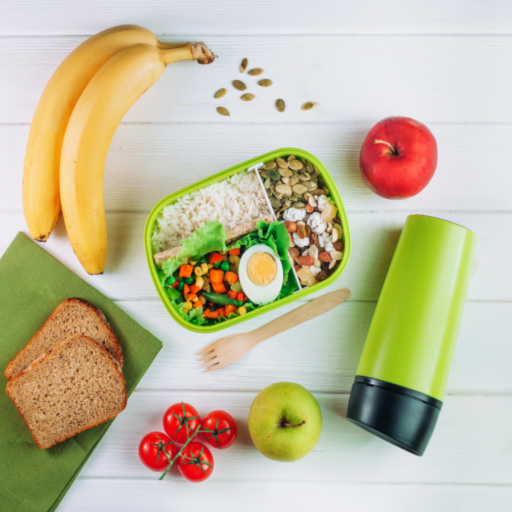
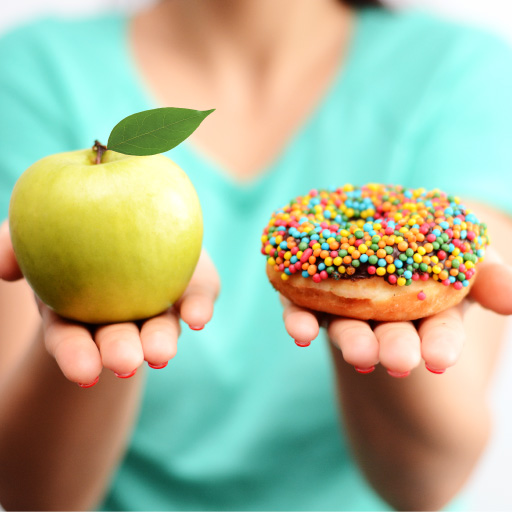
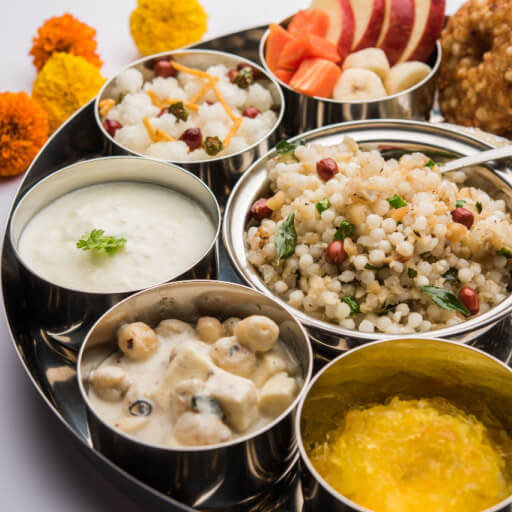


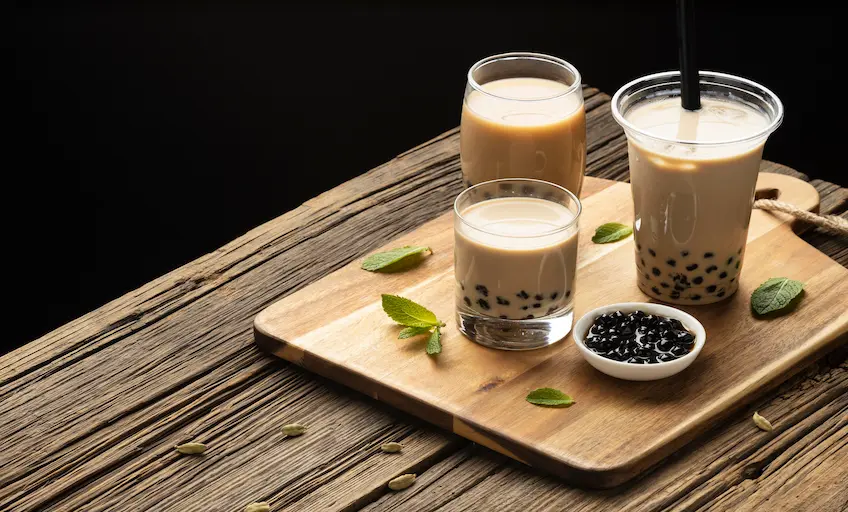
Kindly can you advise as for what can be given to a 3 year old during rainy season